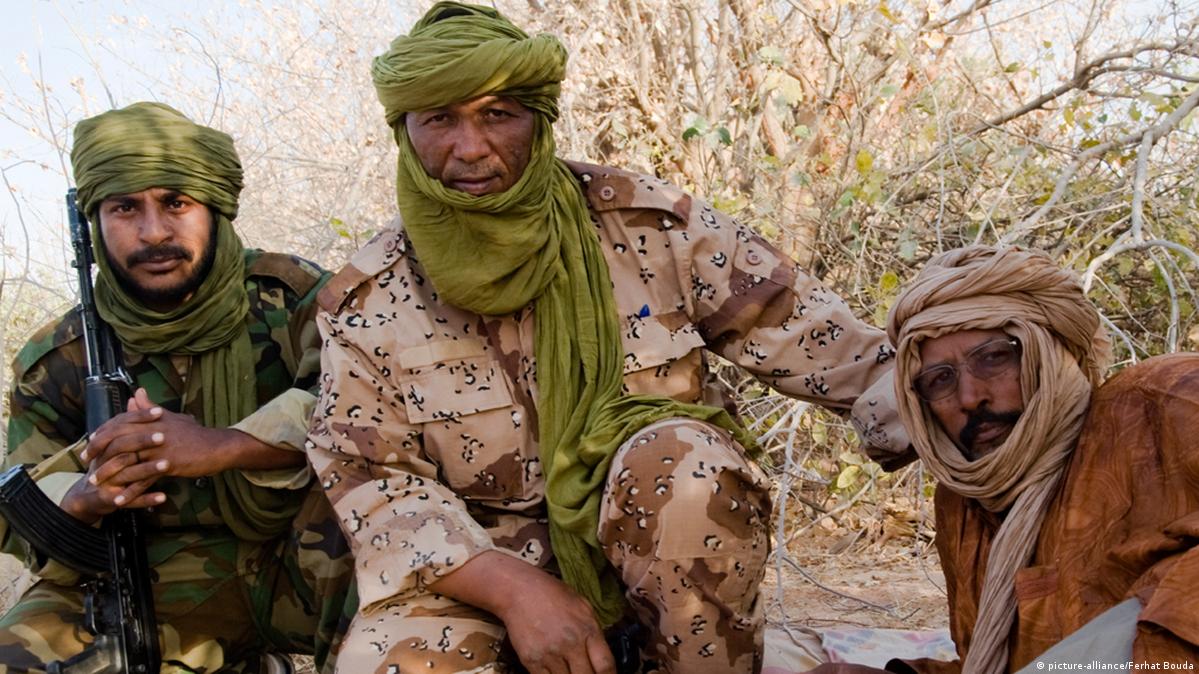 In Mauritania, the concession of F’Derick iron deposits to an Australian operator in unclear conditions continues to elicit Mauritanians’ disapproval. The controversy is gaining ground amidst the presidential campaign in the West African nation.
In Mauritania, the concession of F’Derick iron deposits to an Australian operator in unclear conditions continues to elicit Mauritanians’ disapproval. The controversy is gaining ground amidst the presidential campaign in the West African nation.
Fdérik, also spelled F’derick, formerly Fort-Gouraud mining village, north-central Mauritania, is an important base for the exploitation of extensive iron-ore deposits. The site contains reserves of 30 million tons of iron ore of excellent quality.
The conclusion last weekend in Nouakchott of an agreement under which the National Mining Company (SNIM) sold the mine to Ghana-based Australian operator “BCM International Groupe” is raising controversy.
SNIM had already carried out a feasibility study in 2018, for the exploitation of the mine over a period of 15 years. According to the terms of this study, the investment should not exceed $200 million.
According to the deal signed last weekend, SNIM will retain 20% of the shares, BCM Groupe International and national private companies will control the mine with 80% shares.
Among the reactions noted after the announcement of the news, Professor Mohamed Mahmoud Ould Mah, one of the country’s prominent economists and former mayor of Nouakchott described the deal as “liquidation of the jewel of the mining industry and the pride of the country”. He said the deal benefits Australians and companies that are close to the “oligarchy” of Mauritania.
Youssouf ould Abdel Jelil, an international civil servant and former Director General of the SNIM (2005-2006), said the opening of SNIM’s capital “should, firstly, be part of a coherent and integrated program of economic and social development of the country (and not for the resorption of a cash gap”). He said the implementation of related studies and plans must be ensured in a transparent manner vis-à-vis all stakeholders.
As a reminder, iron ore mining and processing accounted for more than 50% of Mauritania’s export earnings in 1999.


